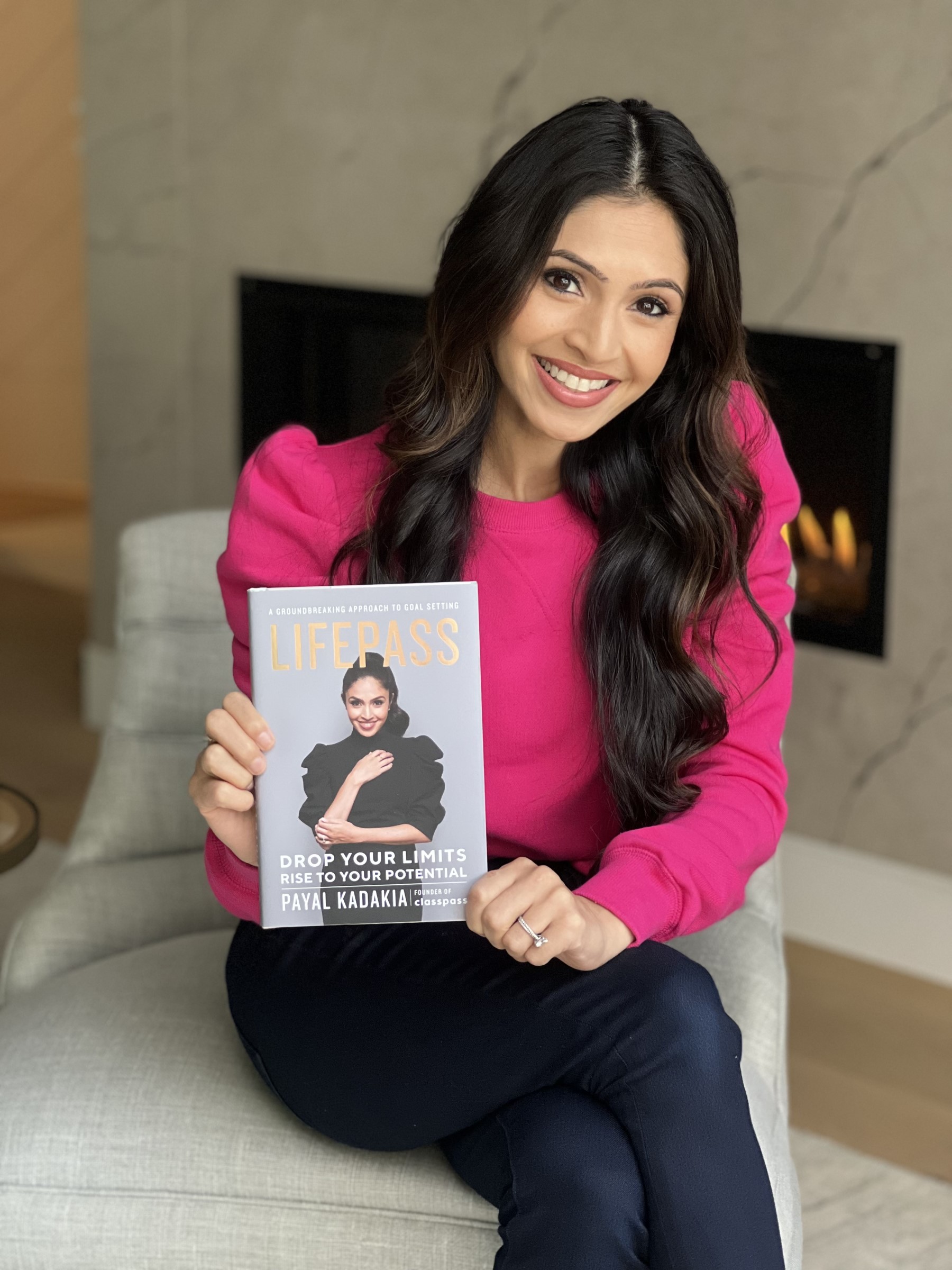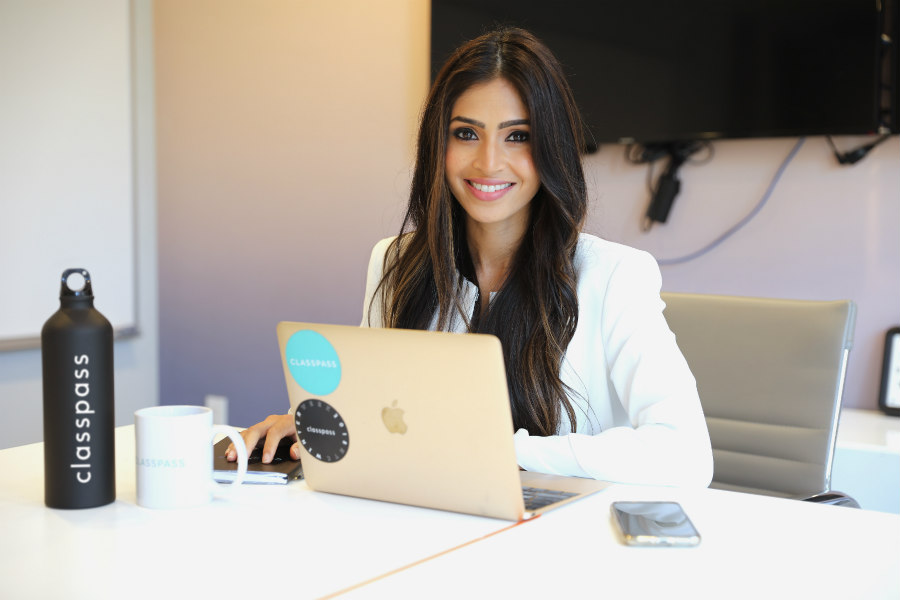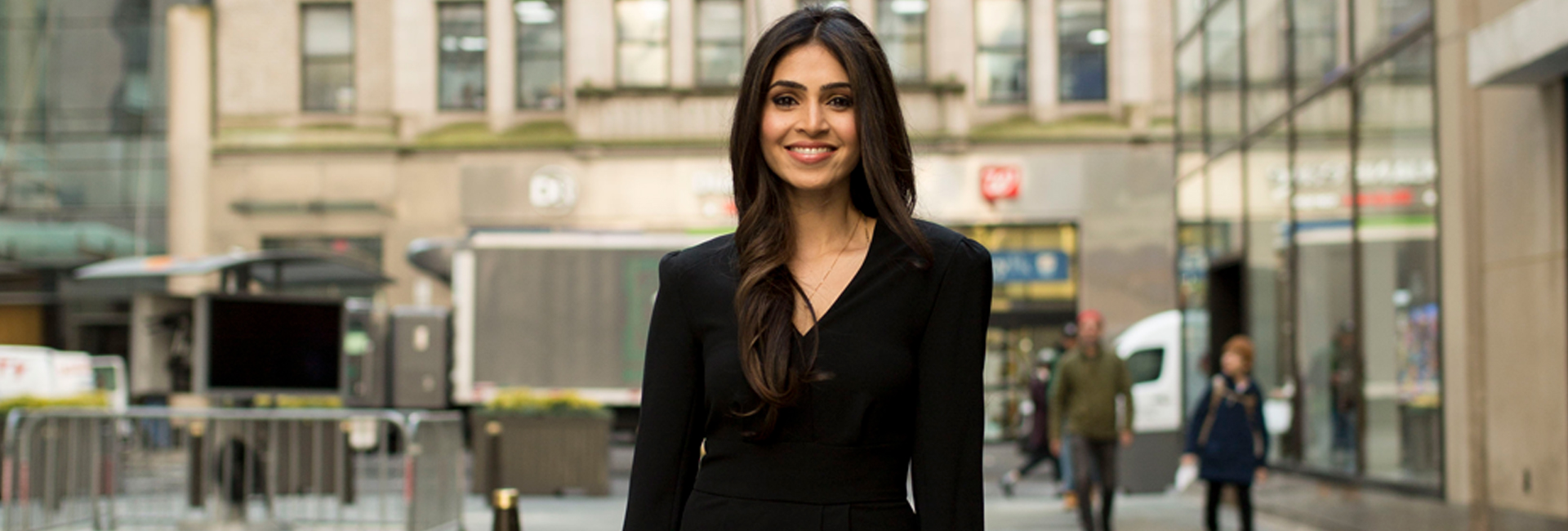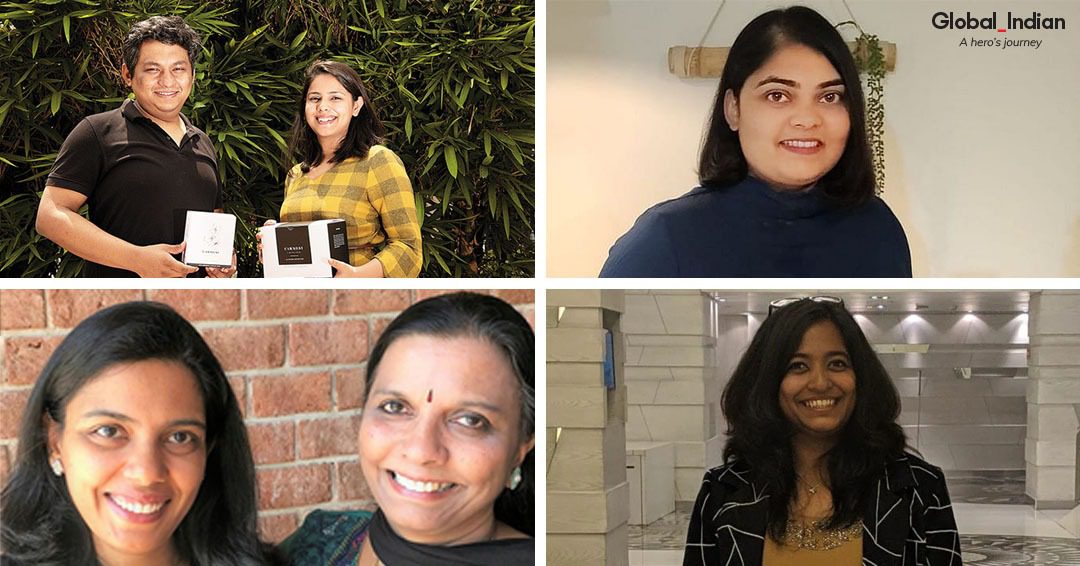(June 6, 2023) Payal Kadakia rang in the new decade in a blaze of glory, when her startup, ClassPass, which curates thousands of fitness regimens into an all-in-one subscription, entered the fabled unicorn league with $1 billion valuation in 2020. Even so, Payal’s entrepreneurial skills were put to the test soon after, as the pandemic hit. The company, like so many others, struggled with a fall in subscriptions as the thousands of fitness studios, gyms, salons and spas with which it partnered were forced to close their doors. Her entrepreneurial journey has been filled with twists and turns – the company that began as a search engine called Classtivity, then became an accelerator called Techstars. Half a million dollars later, the site launched on demo day, to no reservations.
“That was when I became an entrepreneur,” the Global Indian told inc.com. It was a valuable lesson, Payal’s developed a new ability to discriminate between what she calls “false signals of success” and the real thing. False signals might be plenty but the bottom line is fairly clear. In Payal’s case: the number of people actually showing up to class, “which translated into revenue for my business an obviously revenue for our partners.” The company has more than pulled itself out freefall, however and now partners with over 8,000 studios around the world. “ClassPass has been able to create some synergies that really built momentum for the entire industry to grow,” Payal said, in an interview with MIT News. In 2022, she also released her book, LifePass.

Finding her identity
Payal’s parents immigrated to the US in the 1970s, along with thousands of other Indians. “My parents never wanted me to have to go through any type of struggle, any type of hardship that they went through. So, they trained me in a way to be a bit more risk averse. And what that meant was making sure I had stability, good career, good education, good foundation,” Payal told dot.LA. A passion for Indian classical dance kept her in touch with her culture and inculcated a lifelong love for the art form, too. “While I struggled to fit in, I think I also found beauty in who I was through being around this other group of people who did look like me. And where all of us could be together on Saturday and Sunday mornings.”
The MIT days
An undergraduate degree from MIT seemed like a solid stable way to go. “I think MIT was one of the hardest experiences of my life,” she told the magazine. “I had to solve complex problems I never thought I’d be able to, but that also taught me so much. It was an awesome experience.” That became her training ground, the place where Payal first learned leadership skills. Even there, she was innovative – she founded a South Asian fusion dance team, MIT Chamak, that is still active today.
Her lessons from MIT came in very handy. “My concentration in operations research was definitely relevant to what I would deal with at ClassPass in the areas of inventory planning and supply chain management,” Payal said. “The way I plan my time is from everything I learned back in those classes.” Again, her MIT background came into play. She wasn’t a coder herself but was well-versed in dealing with developers and speaking their language. “MIT is all about problem-solving. That’s at the heart of what entrepreneurship is.”
Becoming a risk-taker
“When I graduated from college, I wanted to make sure I had a stable job,” she told Vogue.in. “My parents had immigrated with nothing 50 years ago, so it was important for me to have that security.” She found a job at Bain & Company and then entered the music industry, following her passion for Indian dance. In hindsight, it was the first step to being an entrepreneur, “The first decision I made was to really bet on myself a bit more, though I wasn’t ready to take a huge leap.” She did go on to build a dance company, Sa, which she ran on the side.
Being a full time entrepreneur definitely wasn’t on her mind, but that changed, on a trip to San Francisco to visit an old friend from MIT. Payal, who was on the hunt for a ballet class, which one imagines would be easily available in a city like San Francisco, proved surprisingly cumbersome to find. It planted Payal’s mind the seed for what she envisioned to be an aggregator, a kind of search engine that could collate and present the information. The answer: She would build one.
The early days
ClassPass began, Payal admits to Vogue.in, as a “small, scrappy team that raised money from friends and family, and some angel investors who believed in the idea. Given how much I loved dancing and going to (workout) classes, it felt like the right combination.” The search engine idea, as Zomato and Swiggy had already proved, was likely to be a success – or so they thought. One year and quite a bit of money later, it didn’t work. People came to the website, but nobody was booking clases. “That was a hard moment. However, as an entrepreneur, you start getting used to things not going as planned.”
ClassPass went from being a searh engine into a subscription based model, which allowed people to take fitness classes in their area. Their users loved the idea – it was fun, allowed them room to experiment and since they could sign on for single sessions, they didn’t really need to commit either. They could go to a venue a day. This was in 2013.
ClassPass

When it first launched in New York, according to Vogue Magazine, “ClassPass revolutionised the very nature of working out by allowing members to search for exercise classes in different disciplines.” It changed the playing field for users and partners both.
Users could look through a wide roster of regimens and workout styles – they could do yoga one day and a barre class the next. They could book single sessions instead of committing to a package, as they would do at a conventional gym. Fitness studios, which had offered classes through on their website, had heavy, sometimes unsustainable ad spends. Now, ClassPass was willing to do it for them. “From a marketing perspective they had to acquire every single customer individually,” Payal told MIT News. “That’s expensive for a business which already has fixed costs and in which the classes are 30 dollars.”
Lessons along the way
The only thing that matters to Payal, who has seen so many ups and downs along the way, is the actual impact she’s making. People may flock to the website and then leave without actually booking a class and to Payal, this doesn’t count. High traffic might comprise the trimmings of success but it isn’t, actually the real thing. “As long sa I was getting more and more people to class to try new ways of being active, I knew I was succeeding,” she told Vogue.in. “Having a purpose and a vision is the most important thing for entrepreneurs… No one has walked these roads before, no one has made a blueprint for you. You have to know in your gut where the North Star is. Being an entrepreneur is basically about how you innovate.”
- Follow Payal on Instagram




